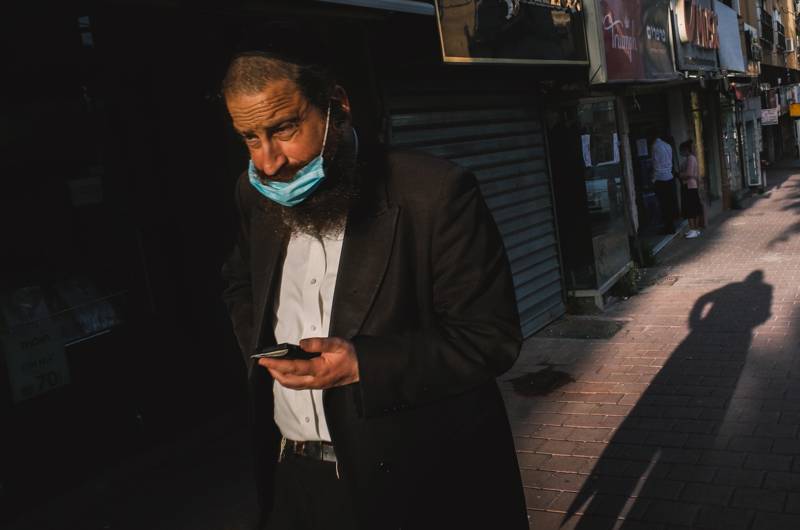How have Middle East states reacted to the COVID-19 pandemic and what do these varied reactions say about the regimes in question?
By combining data measuring state capacity and level of authoritarianism (using the V-Dem database) with data on how fast COVID-19 policies were enacted and what level of measures/strictness the regimes implemented, this project will provide an overview of how Middle East states have reacted to the pandemic. Adding qualitative case studies of specific states we will flesh out variations across the region. The cases are chosen because they in various ways represent the varieties in regimes and responses which exist in the Middle East. Initially the case studies will be of Israel-Palestine, Turkey, Iran and Jordan. These are chosen for the following reasons: Israel is a rare democracy but one with challenges both in relation to religious communities and as the occupying power of the Palestinian territories. Iran is a case with an authoritarian character, a high COVID-19 outbreak but still a low-level reaction. Jordan is amongst the least authoritarian of the non-democracies but has had the strictest COVID-19 preventive measures in the region. Turkey is an authoritarian democracy with a populist government which has been slow to react. How do we explain these variations?













